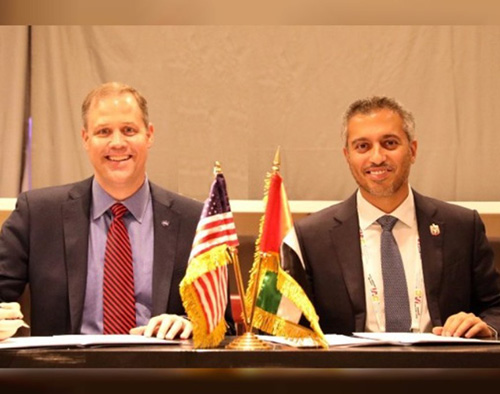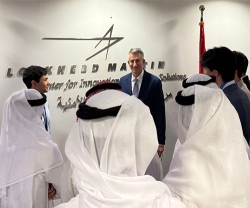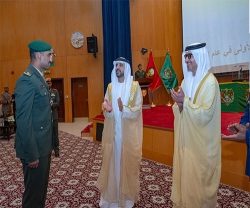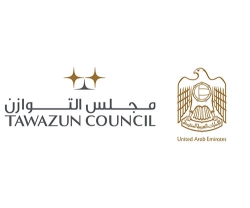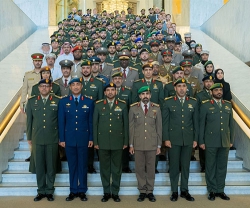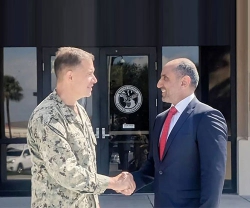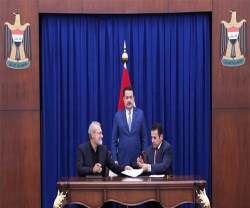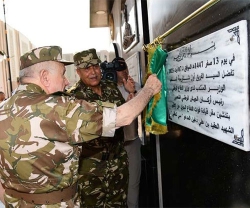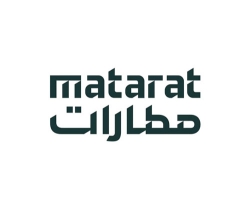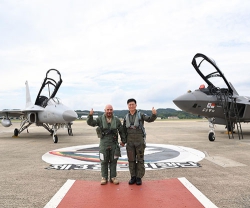The UAE Space Agency (UAESA) and NASA signed an Implementing Arrangement (IA) that outlines cooperation across a range of areas related to space exploration and human spaceflight, Emirates news agency WAM reported.
The document was signed by Dr. Ahmad bin Abdullah Humaid Belhoul Al Falasi, Cabinet Member and Minister of State for Higher Education and Advanced Skills, and Chairman of the UAE Space Agency, and James Bridenstine, Administrator at NASA, during a ceremony at the 69th International Astronautical Congress, being held in Bremen, Germany from 01 to 05 October 2018.
The IA falls under the overarching Framework Agreement signed by the UAESA and NASA in June 2016, which established a framework for areas of cooperation in ground-based research; sub-orbital research; research and flight activities in low-Earth orbit (LEO); and human and robotic exploration in the vicinity of the moon, on the lunar surface, and beyond.
The new IA enables the training arrangements for UAE astronauts to be discussed. It also provides further opportunities for the UAE to utilize the International Space Station (ISS), and for the UAE Space Agency to contribute to lunar exploration.
Dr Ahmad Al Falasi said: “This significant agreement builds on our bilateral relationship with NASA and the US space sector. It also reflects the deep economic, cultural and diplomatic ties shared between the United States of America and the United Arab Emirates. The global space sector is built on international collaboration, and we welcome these substantial opportunities to work closer than ever before with our counterparts at NASA.”
“Our national space sector has reached a highly advanced stage, particularly with regards to the opportunities and expertise prevalent throughout. By advancing our international cooperation in space, we aim to further develop these local capacities through more sophisticated space missions and drive the growth of the national space sector,'” he stated.
“The signing of this agreement reflects the UAE Space Agency’s commitment to further strengthening partnerships with the most important space agencies around the world, with a shared aspiration to launch space exploration projects that benefit humanity in its entirety. It is also in line with the UAE’s objectives of bolstering its presence within the global space sector,” he added.
Dr. Mohammed Al Ahbabi, Director General of the UAE Space Agency, said: “The document we signed yesterday represents another major milestone in our vision to become a leading space faring nation, offering the opportunity for knowledge sharing and close collaboration with NASA in regards to our astronaut program. With the first Emirati astronaut set to board the ISS in April 2019, this agreement with NASA will allow MBRSC and the UAE Space Agency to further build on our human spaceflight experiences.”
James Bridenstine said: “As NASA builds cooperation for the return of humans to the Moon for long-term exploration and utilization, we welcome the opportunity to expand our partnership with the UAE Space Agency as it builds its significant capabilities on Earth, in low-Earth orbit, and beyond. UAE is currently working with US Universities to build an orbiter "Hope", to launch in 2020 and reach Mars in 2021. I’m delighted to sign this agreement signifying our deepening relationship as we move forward into the next phase of exploration.”
The IA also outlines opportunities for ground based research projects at the UAE’s Mars Scientific City in collaboration with the Mohammed Bin Rashid Space Centre (MBRSC), a landmark research and development facility that aims to simulate conditions on the Red Planet and is set to launch in 2020.
As part of the agreement, and in collaboration with MBRSC, the UAE Space Agency and NASA will explore the feasibility of conducting field studies and research in space biology, physical sciences and human research at the City. The projects will aim to make use of Mars Scientific City and the NASA Human Research Analog, a unique facility dedicated to investigating the effects of spaceflight on human beings.

